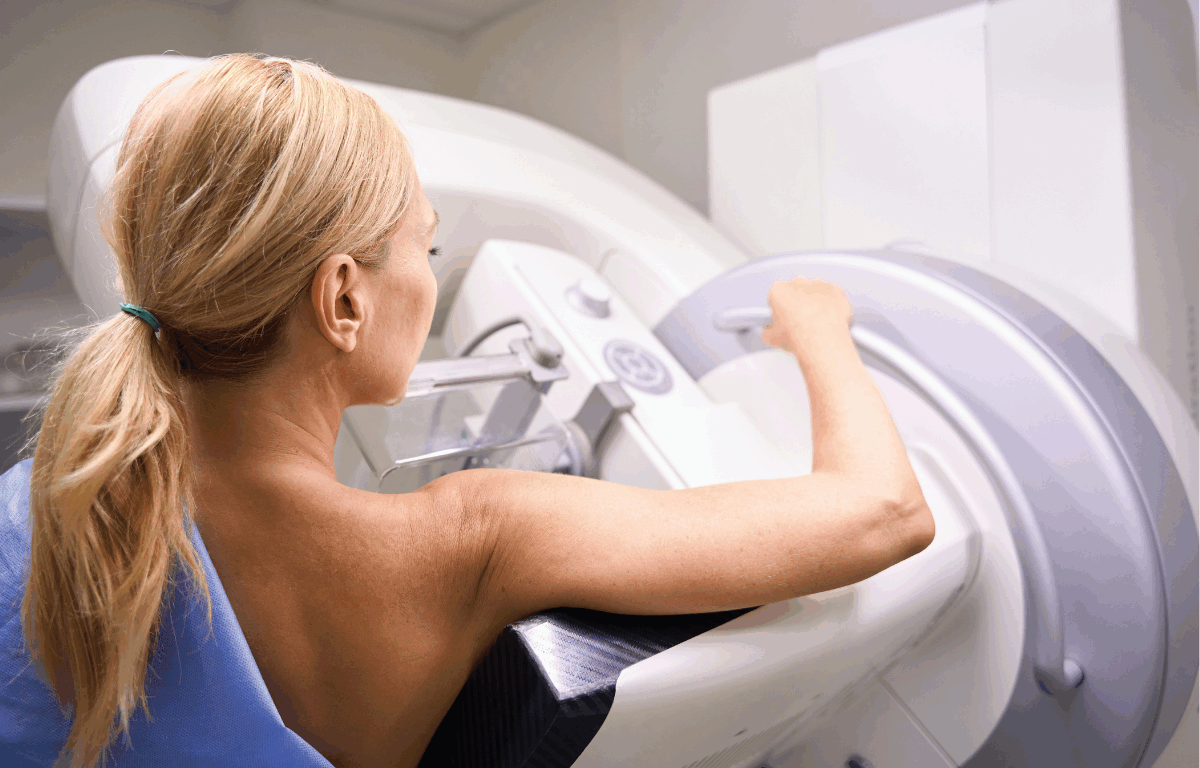URBANA, Ill. (Chambana Today) — While cancer treatments like chemotherapy and radiation are highly effective at targeting tumors, they often bring a host of gastrointestinal (GI) issues, such as nausea, vomiting, and diarrhea, which can impact a patient’s quality of life and disrupt treatment. A new study from researchers at the University of Illinois Urbana-Champaign sheds light on the nutritional interventions that can help alleviate these distressing symptoms.
The analysis, led by Brett Loman, an assistant professor in the Department of Animal Sciences, combed through nearly 16,000 studies to find the most effective nutrition therapies for GI symptoms in cancer patients. Their findings suggest that targeted nutrition strategies could play a crucial role in improving patients’ comfort and enabling them to continue treatment.
“While the primary goal is to eliminate the tumor, alleviating symptoms like GI distress should be equally prioritized,” said Loman.
Key Findings from the Study:
- Nutrient Supplementation
- The most varied category, involving amino acids, probiotics, prebiotics, herbs (like ginger), and essential fatty acids (such as omega-3s).
- Especially effective at reducing nausea, vomiting, and diarrhea.
- Probiotics were notably helpful for patients with colorectal cancer.
- Dietary Counseling
- Personalized advice from dietitians can reduce common symptoms like nausea, vomiting, constipation, and anorexia.
- Though effective, the results are difficult to generalize due to the highly individualized nature of the counseling.
- Oral Nutritional Supplements
- These meal replacers provide essential nutrients but do not seem to alleviate GI symptoms.
- The lack of effectiveness suggests the need for new formulations incorporating beneficial nutrients like ginger or probiotics.
The study provides crucial insights for dietitians who can now tailor interventions based on a patient’s cancer type and symptoms. In the future, Loman hopes to further refine these findings into a comprehensive treatment plan to help reduce GI distress in cancer patients.
The full study is published in Advances in Nutrition.
Top Nutrients for GI Relief During Cancer Treatment:
- Amino Acids (Glutamine): May reduce nausea and other GI symptoms.
- Probiotics/Prebiotics: Especially helpful in reducing diarrhea during colorectal cancer treatment.
- Essential Fatty Acids (Omega-3s): Known for anti-inflammatory effects.
- Ginger & Zinc: Herbal and mineral supplements showed promise in reducing nausea and vomiting.
These findings mark an important step toward more effective, tailored nutrition interventions in cancer care.


